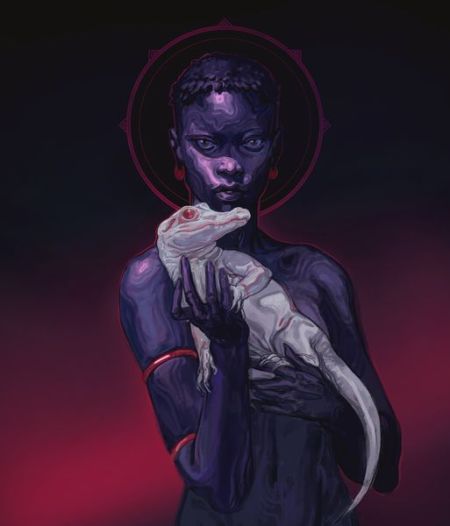“Vasily, my friend, the Symphony board asked me to approach you.” I said to the man in the straight-backed chair.
“The light,” my old friend responded. “I’m trying to capture the way light filters through the F-holes. Can you imagine? Standing next to the soundpost as a string is plucked or bowed. It must refract the light.”
“I don’t think music works that way,” I said. “I don’t understand what you mean.”
“Inside the cello, the light beams into the soft, unvarnished wood, like the sun does in a forest. Particles of light dancing in the raw darkness.”
“And the strings change the light?”
“The sound… the sound moves the air; the air bends the light.” He lifted his head from the instrument he was cradling against his body. His dark eyes found mine, and I saw universes spinning in their depths.
“Vasily, are you alright?”
“I am the music,” he said. “The music is me. I am my instrument. It plays me. The light gleams and the sound shakes all of creation.”
“The sound of your cello?” I wondered if I should be calling the staff physician.
“My cello, your viola. The doorstop when you stub it with your toe. The stars. The stars sing their light.” He pauses, then lifts his hand. “In the beginning, there was the Word, but what was before the beginning? What came before the word?”
“Music?” I guessed.
“Music! Yes. Music shapes creation. Music shapes us all.”
Apparently, this was as lucid as my old friend was going to get. “Vasily, the Symphony wants to commission a new concerto from you. For the new season.” I waited for him to respond. When he did not, I asked gently. “Vasily, they want you to compose. Do you understand?”
My friend was silent. Then he raised his right hand, the one gripping his bow. He played a note, then a scale, then a tune I’d never heard before, and for just a second, I felt like I understood the universe and it understood me. But only for a second.
“Vasily?” I spoke his name again.
He continued to play.
I checked my watch. I was due back at the university where a new group of students was waiting to learn Music Theory 101 from the famous conductor – me. “Vasily, I’m afraid I have to leave now. Shall I come back later in the week – take you to lunch?
“Lunch… yes.. at the café in the park,” he said. “I need to see the light on the water and hear the way it’s shaped.”
Nothing he said made sense to me, but I was certain it was making sense to him. “Alright, then. I’ll be back on Thursday at one. Perhaps we can discuss your commission then.”
“Commission… I should charge the length of a comet’s tail. But I will settle for my usual fee. A concerto for strings and light… ready for September.”
“Vasily, are you sure?”
“Nothing is sure.”
“Pitches are sure.”
He shook his head, “Oh, if only that were so.”
Vasily lifted his bow, put it back down, and repeated the strange tune he’d played a few minutes ago. He ignored me when I said goodbye and I made sure to close the door to his studio as softly as possible.
On Thursday morning, I received a text message. “Keep your tie on. I need to know how red sounds near water. See you at one.”
I stared at my reflection in the window of my classroom. How had he known I’d already been wearing a red tie?”





















